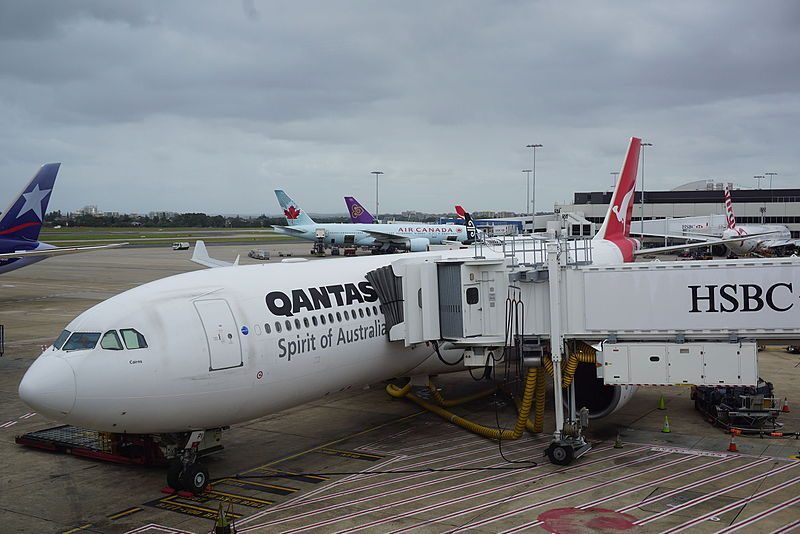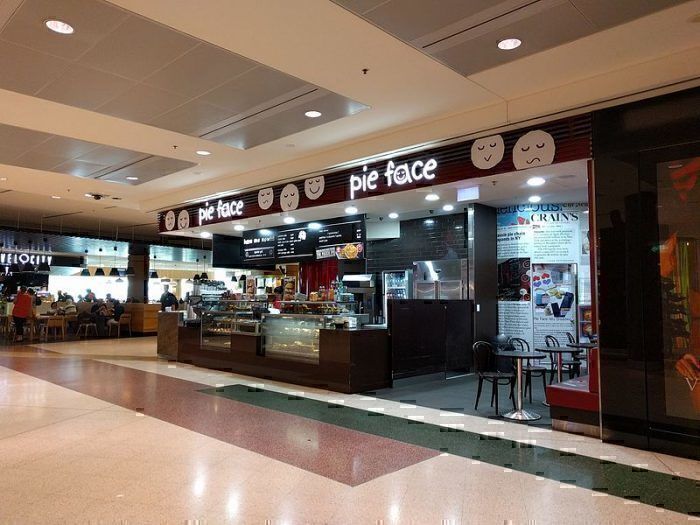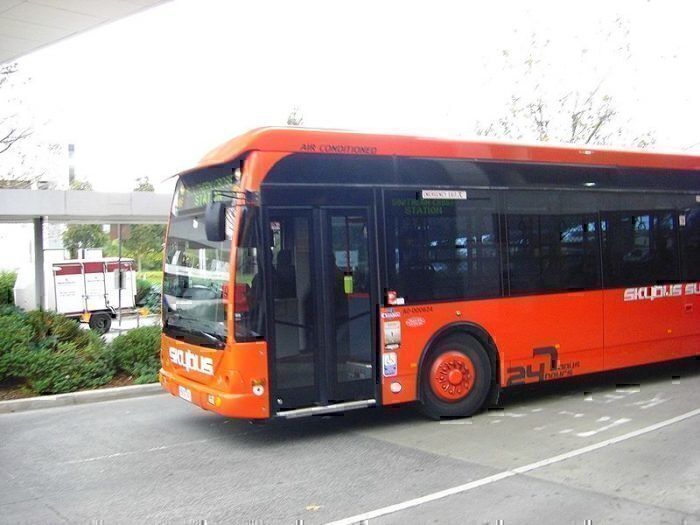Big airport customers in Australia have teamed up to call for greater regulation to protect against monopoly powers at Australian Airports. Airlines, car rental agencies, retailers, carpark operators and other customers are arguing that Australia’s powerful airport operators are abusing their monopoly positions by overcharging, being inflexible, and failing to negotiate.
Australia’s Productivity Commission, a federal government agency that provides research and advice on social, environmental and economic matters, has recently completed a report on the economic regulation of airports. It has been handed to parliament but not yet made publicly available.
A draft report suggested that oversight of Australia’s airports was working. This draft conclusion has set alarm bells ringing amongst users of Australia’s airports.
Key airport infrastructure working as cash cows for owners
Australia’s biggest airports were formerly public assets. Subsequent governments over the years have sold these key pieces of critical public infrastructure. In 2002, the Australian Federal Government sold a 99-year lease of Sydney Airport to Macquarie Bank for AUD$5.6 billion.
Melbourne Airport, in comparison, was a relative bargain. Australia Pacific Airports Corporations Limited (APAC) bought a 50-year lease in 1997 for AUD$1.307 billion with an option for another 49-year lease. Brisbane Airport Corporation (BAC) bought a 49-year lease from the Federal Government in 1997 for AUD$1.4 billion with an option for a further 50-year lease.
The airports have become big profit centers for their owners. In 2018, Sydney Airport made a net profit of AUD$372.5 million, Melbourne Airport made a net profit of AUD$314.9 million, and Brisbane Airport had a net profit of AUD$230.1 million.
Airport users say monopoly position being abused
No-one argues with a for-profit business making a profit, but given these airports (and the other major airports around Australia) are monopolies in the cities in which they operate, users are saying they are abusing their monopoly position and that some regulation to reign in the abuse is needed.
As the Chairman of the Airlines for Australian and New Zealand (A4ANZ), Gordon Samuel, said in a media statement;
“Australia’s monopoly airports were now the only privatized infrastructure assets in Australia not appropriately regulated for the protection of consumers.”
Gordon Samuel goes on to say that airports are being operated in a way that may generate revenue for shareholders, but abjectly fail to fairly meet the needs of airport customers and passengers. Gordon Samuel, formerly a Chairman of Australia’s Competition and Consumer Commission slammed the Productivity Commission for being prepared to tick off on the status quo.
“For decades now, Australian travelers have felt the impact of monopoly pricing at our airports, and the ACCC has repeatedly said that we have a problem. But while other sectors have caught up with regulatory regimes that better reflect consumer interests and expectations, the Productivity Commission (PC) – inexplicably – seems intent on retaining the status quo for airports.
"In practice, this means inefficient, protracted negotiations, disputes that end up in court, costing millions of dollars, and creating uncertainty over investment. The system has passed its use-by date; it’s neither efficient nor effective.”
Passengers feel the impacts
On one level this seems to be a squabble between a bunch of vested interests - airlines, ride share operators, carpark operators and their landlord. On a more passenger orientated level, when an airport business customer is grossly overcharged on an inflexible lease, it goes a king way towards explaining why a schooner at Brisbane airport can cost AUD$13 and parking at Sydney Airport costs AUD$22 for the first hour.
As Travel Weekly puts it, a more appropriate regulatory environment for airport operators would benefit both passengers and the wider economy.
Some regulatory reform is desperately needed. Regulation doesn’t need to be a blunt instrument - it is possible to use a light touch. But with the Productivity Commission showing signs of burying its head in the sand (in the finest tradition of government agencies everywhere), relief for customers and passengers using Australia’s big airports looks to be a long way off.



